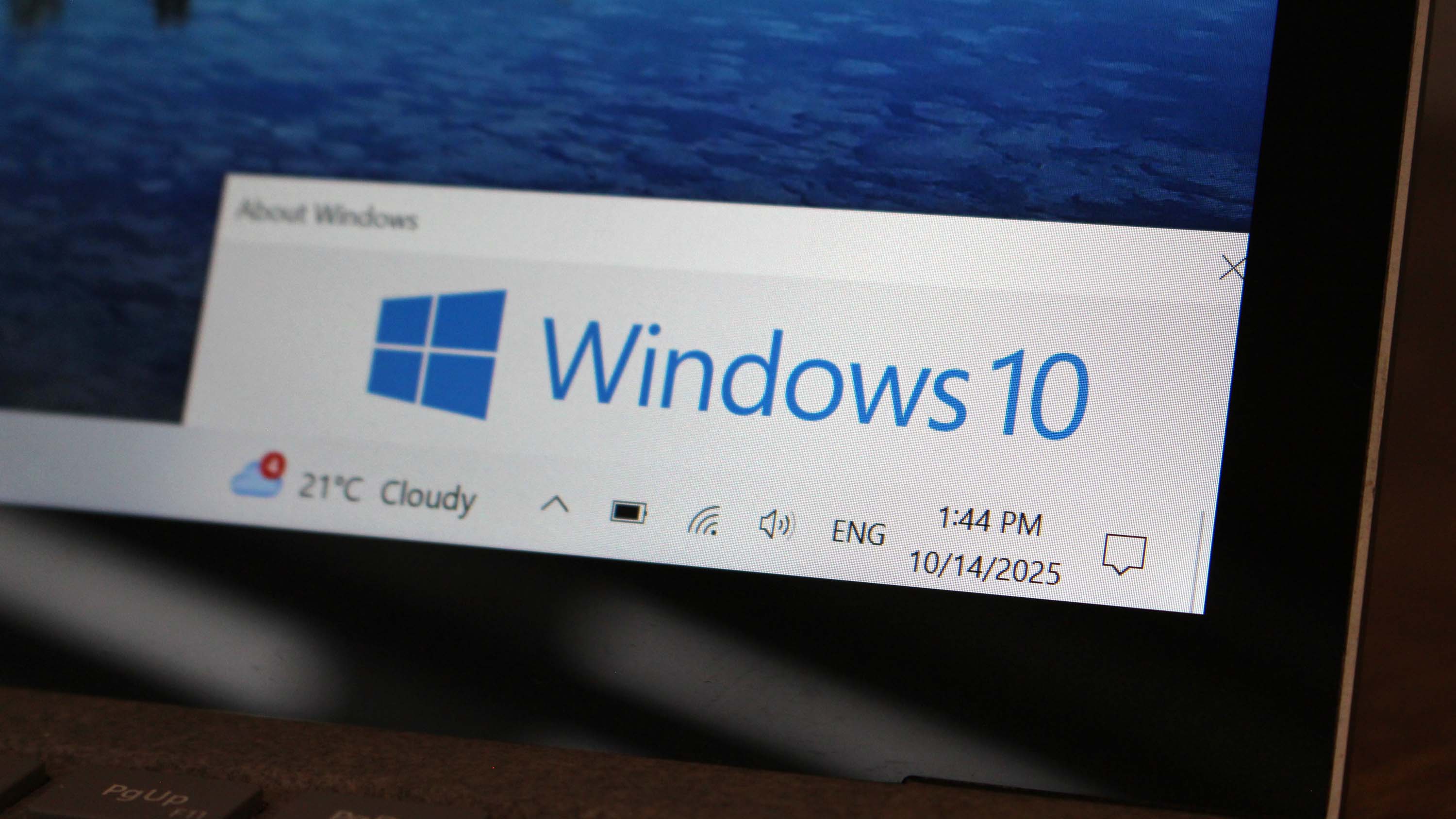Quick Points
- So, 2026 is looking like a major turning basically, point for smartphone tech with TSMC rolling out those new 2nm chips.
- The catch? They're rumored to come with a hefty 50% price increase, which is definitely worth paying attention to.
- Apple’s likely gonna jump on these chips early with their A20 series, which could be a big deal for mobile performance.
- More transistors fit into the chips means they’re faster and more efficient—which could enhance everything from gaming to AI capabilities.
- It’s uncertain how this mega price hike will affect customer phone prices, particularly for budget options.
2026 is going to be an interesting year for smartphones. Normally we don’t get too excited when it comes to the phone’s chipsets. Obviously, it’s a key component, but most of the time we can expect the usual performance and efficiency upgrades. However, 2026 will usher in a new era of chips, most of which will be built on the 2nm process. It is also when TSMC is expected to make bank, because the rumors claim its 2nm chips will see a 50% increase in price.
TSMC 2nm chips to increase in price
According to a report by China Times, TSMC is expected to raise the price of its 2nm chips. By how much, you ask? By a whopping 50%. This means on paper, whatever companies are paying TSMC now can expect to pay 50% more if they want to take advantage of the 2nm process.
However, take this report with a grain of salt for now. Typically speaking, companies don’t disclose how much are its production costs. Plus, we also have to factor in discounts. For example, a company such as Apple who places millions of orders will most likely be able to get a better price than a smaller company. Plus, TSMC might be incentivized to give its larger customers steeper discounts to keep them coming back.
It remains to be seen whether this rumored price hike could lead to more expensive phones next year. Apple is said to be one of the earlier adopters of TSMC’s 2nm technology. The 2026 A20 series chipset is rumored to be built using the process.
But what’s the big deal?
For the most part, TSMC’s chipsets can be found in mobile devices like our smartphones. However, as the processes become more advanced, it opens the door to more possibilities for the technology. For instance, instead of merely creating SoCs, TSMC’s 2nm process can be used in HPC technologies. It is also why companies like NVIDIA and AMD are eager to get their hands on chips made using the 2nm process.
Also, the 2nm process means that more transistors can be fit on a single chip. This means that a 2nm chip would be, on paper, more powerful than a 7nm one. Also, since the distance between transistors has been made a lot shorter, 2nm chips have the added advantage of being more energy efficient.
Seeing as how companies like NVIDIA are building chips for AI, it’s not hard to see how a more energy chip could be useful there.
[ For more curated Computing news, check out the main news page here]
Sounds Nerdy Insights
- What's interesting is that while many of us notice the shiny new phones, it’s really these chip advancements driving performance; it's the unsung hero behind all that sleek tech.
- With that 50% price hike in play, I can’t help but wonder how smaller manufacturers will keep up. Will they have to settle for older, less powerful options? This could narrow their ability to compete.
- Apple interestingly, jumping in first might solidify their position as a market leader in mobile tech, but you’ve gotta think about what happens to other players if they can't access these advanced chips affordably.
- Plus, with TSMC being known for quality, maybe the price bump isn't so shocking—it raises questions about supply chain dynamics with giants like NVIDIA and AMD clamoring for those same advanced processes and limited availability.
- Strategically speaking, providing more energy-efficient chips is relevant as we dive deeper into AI; power savings are golden here since processing power often demands serious energy.
- This really sparks my curiosity: will users care enough about chip performance versus sticker price when considering their next upgrade? Are they'lling to pay more upfront for something that’s technically more robust?
- Overall, it's a bit of a double-edged sword—more powerful chips can lead to better devices but potentially higher costs for consumers too—not everyone wants to foot that bill!
The post TSMC 2nm Chips: Faster, More Efficient, and 50% Pricier in 2026 first appeared on www.androidheadlines.com
















